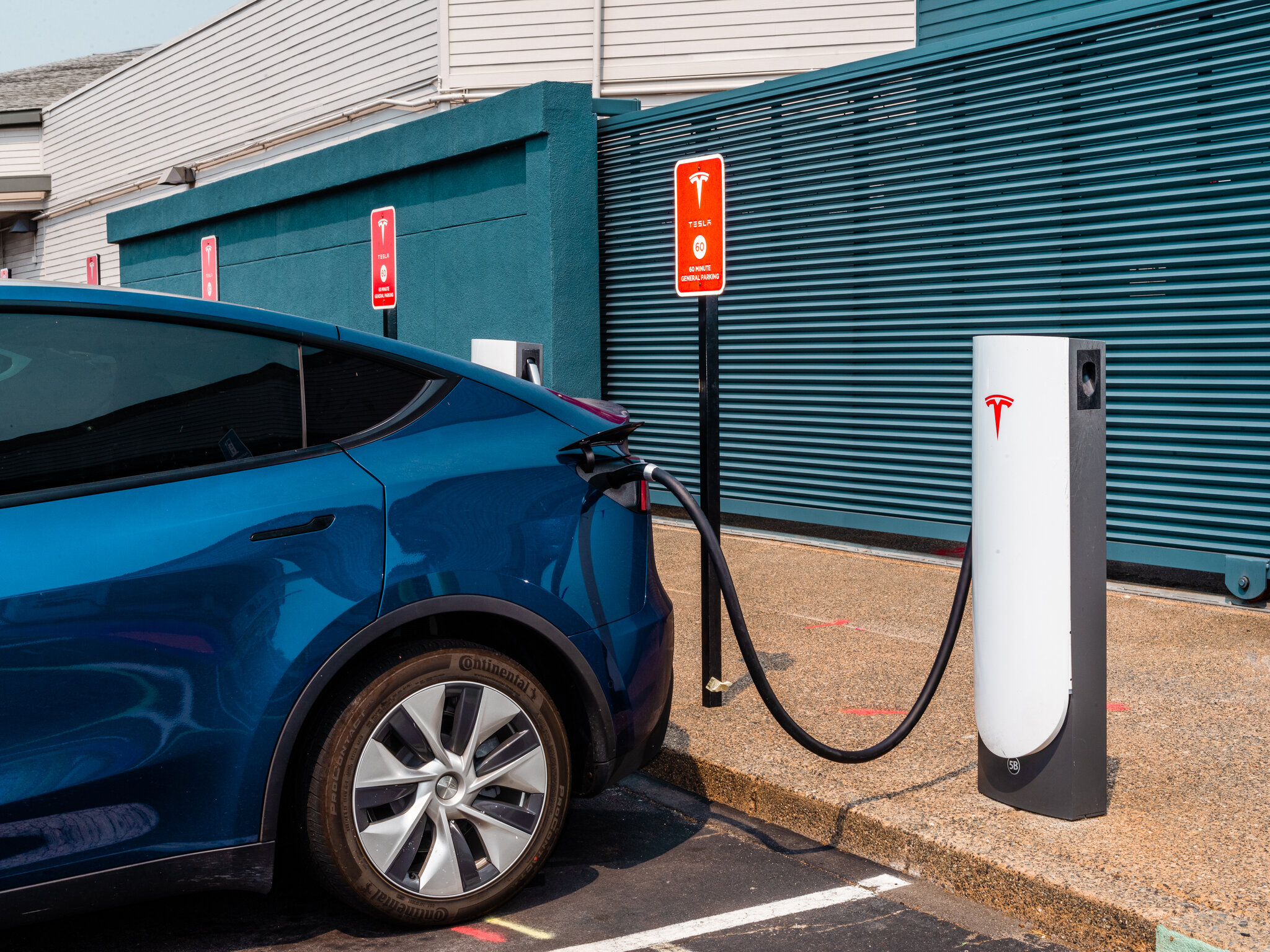Electric cars are becoming increasingly popular as people become more environmentally conscious and seek to reduce their carbon footprint. But how do electric cars work? In this comprehensive guide, we will explore the inner workings of electric cars, from the battery to the motor, and everything in between.
Battery
The battery is the heart of an electric car. It stores the energy that powers the motor. Most electric cars use lithium-ion batteries, which are lightweight and have a high energy density. The battery is charged by plugging the car into an electric outlet or a charging station. The charging time varies depending on the battery size and the charging method.
Motor
The motor is what converts the electrical energy stored in the battery into mechanical energy that powers the wheels. Electric cars use either AC or DC motors. AC motors are more efficient and require less maintenance, but they are more expensive. DC motors are simpler and cheaper, but they are less efficient and require more maintenance.
Controller
The controller is the brain of an electric car. It regulates the flow of electricity from the battery to the motor, controlling the speed and torque of the motor. The controller also monitors the battery and motor temperature and adjusts the power output accordingly.
Regenerative Braking
Electric cars use regenerative braking to convert the kinetic energy of the car into electrical energy that can be stored in the battery. When the driver applies the brakes, the motor acts as a generator, converting the kinetic energy into electrical energy. This helps to extend the range of the car and reduce wear on the brakes.
Charging
Electric cars can be charged using a standard electric outlet or a charging station. The charging time varies depending on the battery size and the charging method. Fast charging stations can charge the battery to 80% in as little as 30 minutes, while slow charging using a standard outlet can take several hours.
Conclusion
Electric cars are a complex and sophisticated technology that is rapidly evolving. They offer many advantages over traditional gasoline-powered cars, including lower emissions, lower operating costs, and a smoother and quieter ride. As the technology continues to improve, electric cars will become even more practical and affordable, making them a viable option for more and more people.

